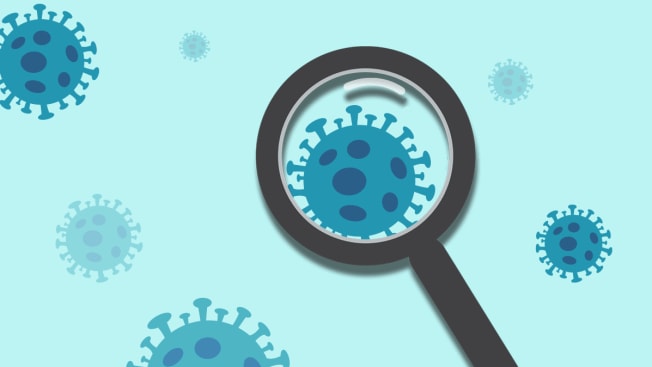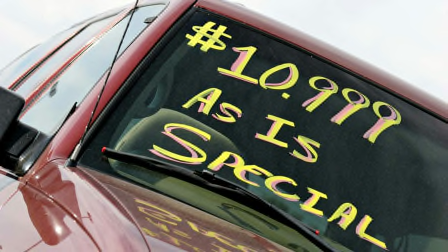How to Avoid COVID-19 Schemes
Older adults are often targeted with phony treatments and fake contact tracing. How to stay safe.

The COVID-19 pandemic has fostered fear and uncertainty, which has led to a proliferation of dodgy products marketed as helpful.
“This is a scary illness, and we’re trying to grasp any product or any idea that can protect us or lead us back to normal life,” says Luis Ostrosky, MD, an infectious disease specialist at McGovern Medical School at UTHealth in Houston.
But there's no easy fix. The Food and Drug Administration has already sent more than 90 warning letters alerting companies that their products can't legally be sold as treating or preventing COVID-19.
CR consulted with experts and researched some of the most common schemes. Here’s what we know.
Bogus Treatments
One of the first coronavirus offerings to draw widespread attention was touted by the televangelist and convicted fraudster Jim Bakker, who promoted a silver solution with the claim that it could cure the virus in hours. But according to the National Institutes of Health, taking silver orally won’t help and could do serious damage.
Financial and Identity Scams
As of Aug. 3, the FTC had received more than 79,000 reports of fraud related to COVID-19, stimulus payments, N95 masks, and related terms, resulting in at least $97 million in fraud loss. Older adults may be especially vulnerable to such scams, according to the Consumer Financial Protection Bureau.
The tricks people are using to steal money and data aren’t new, says Eva Velasquez, president and CEO of the nonprofit Identity Theft Resource Center. But “the scope and the scale and the speed and efficiency have changed,” she says.
These include traditional phishing scams meant to steal identities or passwords as well as imposter scams where people pretend to be from the government to steal Social Security numbers. There are also newer schemes, such as fraudulent offers of a free antibody test, that are designed to get your Medicare info or steal your identity, the FBI has warned.
Watch out for: Calls, texts, or email about COVID-19. Don’t provide personal info, such as your Social Security number, driver’s license number, Medicare ID, or banking and credit card information, the CFPB says. Don’t click on links if you aren’t sure they’re legitimate, and don’t accept an offer of a free COVID-19 test that doesn’t come from a known source.
Fake Contact Tracers
To help control the outbreak, people called contact tracers follow up with anyone who may have had contact with someone confirmed to have COVID-19 so they can take appropriate precautions. Responding is critical, but authorities have warned that scammers are pretending to be tracers in order to steal financial or medical information. In general, real contact tracers will simply want to confirm—via text message or phone call—whether you were in a specific location or interacted with a specific person.
Watch out for: A contact-tracing request for your Social Security or driver’s license number, or banking information. And don’t click links in random texts claimed to be from contact tracers. Doing so could compromise your personal information.
Editor’s Note: This article also appeared in the October 2020 issue of Consumer Reports On Health.




